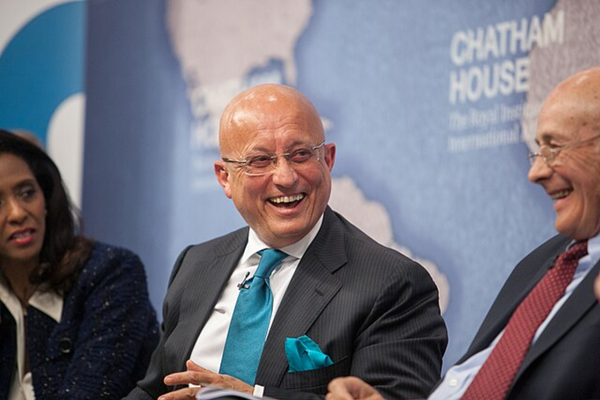

EA is officially going private. A $55 billion leveraged buyout led by Saudi Arabia’s Public Investment Fund (PIF), Silver Lake, and Affinity Partners has rocked the industry. It’s arguably the biggest deal gaming has ever seen, and it raises an obvious question: What does it mean for players, especially those who buy Madden and EA FC year after year?
The Upside For Sports Gamers
The biggest potential benefit for gamers comes from EA no longer being publicly traded. With Wall Street out of the picture, there’s less pressure to hit quarterly earnings deadlines, which could free up development cycles. Right now, EA Sports often has to design around immovable release dates. Whether it’s Madden in August or EA FC in September, the ship date isn’t negotiable, even if the game isn’t fully ready.
Going private could give EA’s developers more breathing room. In an interview with GamesIndustry.biz, former Criterion head Fiona Sperry made the point that, in a public company, you design to a date, not to a vision. “However experienced you are, the reality of game development means that you’re often having to compromise your game to hit a date – a date you most often had to commit to long before you’ve finalised the design,” Ferry said. “You have to design to the date rather than the other way round. And it’s really hard to do that when you’re trying to innovate.”
What Are The Concerns?

On the surface, the concerns are rather obvious, at least from a moral perspective. Despite numerous attempts to clean up its global image in recent years through massive investments via the state-owned PIF, the Saudi government remains one of the most pointed-to examples of countries with a questionable human rights record. There is also the involvement of Affinity Partners, a private equity firm led by Jared Kushner, the son-in-law of polarizing United States President Donald Trump.
That, however, is an angle for a more politically savvy website to cover, not some video game-obsessed 30-something who is currently wearing Nike shorts. Plus, if we’re going to have a conversation about the moral standing of most executives running video game publishing companies, I’m afraid we’d be here all day. So, what are the concerns about the EA-PIF deal as it pertains to the actual games?
For one, there’s the debt. The consortium borrowed $20 billion to make the deal happen, and that debt has to be paid down somehow. That kind of pressure usually means doubling down on the safest bets. For EA, that’s Madden, EA FC, The Sims, and Battlefield. Therefore, one can reasonably expect even more emphasis on Ultimate Team, live-service content, and predictable yearly releases.
In that GamesIndustry article we referenced earlier, industry veteran Richard Browne warned of the possibility of heavier monetization. “Assuming that level of debt usually requires the company to focus primarily on profit and paying it down as quickly as possible,” Browne told the publication.
There’s also the workforce issue. Analysts expect cost-cutting and rationalization across EA, which almost always translates to layoffs. Job cuts don’t just hurt employees, but also affect the games that make it to the players. Losing experienced devs could mean even less innovation in a space that already struggles to push boundaries.
What Can Gamers Reasonably Expect?
In the short term, don’t expect much to change. Madden 26 and EA FC 26 are already out, and next year’s entries are likely already under development. Gamers won’t really know what kind of effect the deal will have on EA until after 2027, when the debt, ownership structure, and long-term strategy really kick in.
The best-case scenario? Madden and EA FC get more development time, fewer rushed launches, and better polish. Worst-case scenario? They become even more aggressively monetized, innovation slows, and EA focuses entirely on squeezing maximum revenue from its biggest sports brands.
For players of EA’s sports titles, the move is both an opportunity and a risk. Going private has finally freed the company from being beholden to stockholders, but the heavy debt and ownership concerns might make the games feel even more corporate than before.







